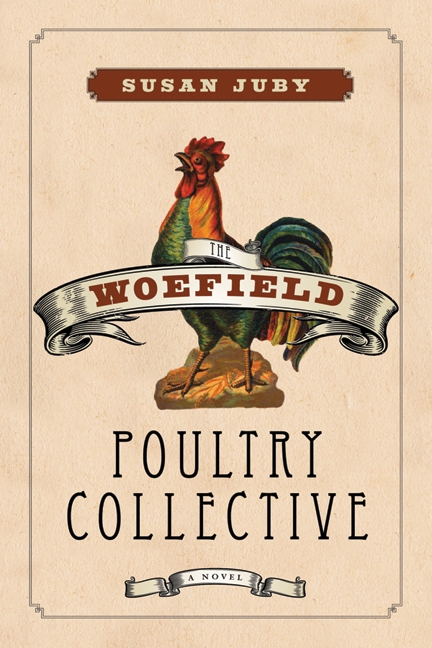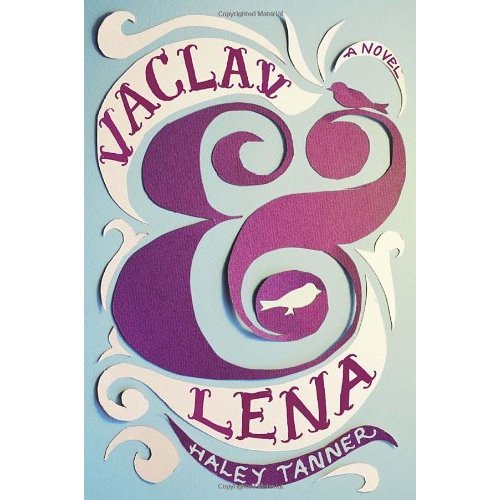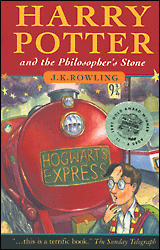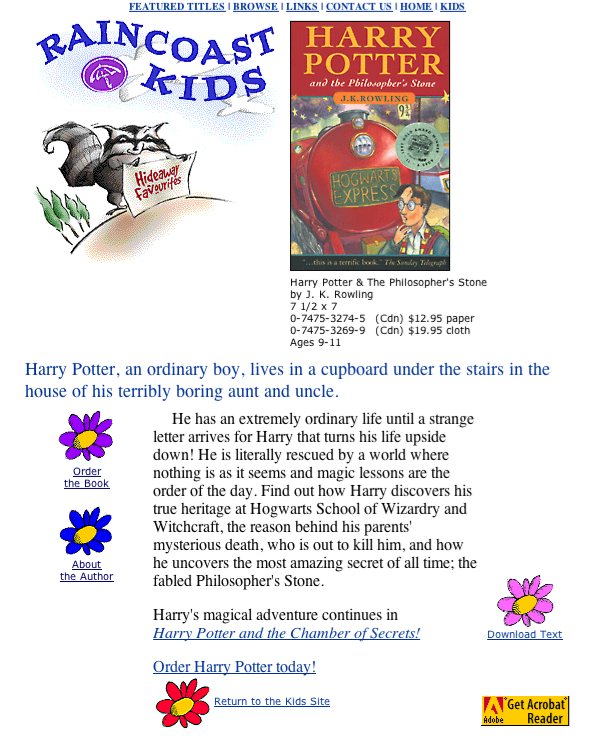The Woefield Poultry Collective was highly recommended to me by a bookseller at the now defunct Ardea Books. The thing I miss most about having a local bookstore is the staff recommendations. There is something less novel about email newsletters and websites than the in-store chit-chat and recommendations.
The woman, whose name I now forget, was a constant source of good reading material. She recommended YA novels that were brilliant, nonfiction that was stimulating and fiction that I could not pass up. I miss her.
Her last recommendation was The Woefield Poultry Collective. She said, “this novel is terrificly funny. I couldn’t put it down. It is about a woman from New York who inherits a farm and tries to make a go of it.”
The farm name is Woefield, and it is full of woe-betide characters and lousy soil. The only really farming seems to be rock farming. But the new proprietor, named Prudence, is not so prudent.
She, upon a brief introduction, invites the pale-face, homebody from next door to move in. Seth runs a couple of internet sites and doesn’t really leave the house. He does a lot of drinking and fretting about “the thing with the drama teacher.” In fact, he’s on Prudence’s doorstep because his mom just kicked him out.
Where others see a loser, Prudence sees an opportunity.
The novel is told in first person and alternatives between Prudence, the new farm owner, Seth the geek and lay-about, Earl the farm hand, and little Sara, who like Seth is a bit lost in the world.
Unlike Seth, Sara is a go getter. She’s landed at the farm because her family has moved into a subdivision and she can no longer keep her poultry in the yard. Prudence has offered to house the birds.
The book is laugh-out loud funny. Funny in ways that had me reading chapters aloud to James, especially the chapters from Sara or Earl’s perspective. The straight-man nature of these two in comparison to flaky Prudence and Chubnuts (Earl’s pet name for Seth) is hilarious.
Quote: SARA
When my parents told me that I had to move my birds, I didn’t say anything. In Jr. Poultry Fancier’s Club they tell us that leaders are Even Tempered, which means they don’t get mad even when everyone would understand if they were. The other thing leaders do is Take Action. I’m beginning to think I have some leadership qualities because even though I might feel mad, I try not to show it …
When my parents told me I had to move my birds because some neighbors complained, I just got up and went to my room. I didn’t tell them this was what we got for moving to Shady Woods Estates, where the house are all packed together and there are rules about everything. I didn’t tell them that my chickens are the nicest part of Shady Woods, which they are. I didn’t mention that the word Shady is extremely ironic, which I learned about in English last semester, since there is no shade anywhere on our streets. You have to have trees to have shade and there are no trees left here. It’s also kind of ironic that I’m only eleven and a half and even I know this.”
The building of Sara’s chicken coop is as fraught with tension as Sara’s family life, but is also good for a laugh.
Quote: EARL
I’d be the first one to tell you I don’t know a whole hell of a lot about kids. Never had any. Barely even knew any. When you grow up in a musical family, ‘specially a musical country family, there’s a lot of working and playing music. Not too much being a kid. So for all I know, maybe all kids is bossy as hell. But I don’t think any of them could come anywhere near that little Sara Sprout. Good goddamn name for her …
She was not afraid to dictate an order or two. I learned that after she looked at the chicken house …
She told me it looked wrong, and I was about to tell her to go to hell when Prudence comes rushing over and sticks her nose in, trying to smooth things out.
Prudence told the kid I been working on it all day and asked what the problem was. So the kid started to tell her … she pointed to the tar paper poking out here and there and said there were no vents and how chickens need excellent ventilation.
God help me, she had a point there. But I didn’t let on that I agreed. Truth is, I was getting a helluva kick out of her …
Prudence told the kid I’d be happy to fix it and the kid said how at her junior poultry club they are taught that standards are important.
Standards. Can you beat that?
She told us that without standards you have nothing.
She had a point there. That kid’s not much for smiling, but she sure as hell makes up for it on the giving directions side.
Sweet. Delightful. Witty. I don’t think these adjectives do justice to Susan Juby’s novel. Sure it’s these things, but it’s also a good bit of farm humour. Anyone who has some farm experience knows these characters, and knows the style of farm-funny I’m talking about.
If you read and enjoyed The Woefield Poultry Collective then I recommend Outstanding in Their Field.
Bob Collins’ Outstanding in Their Field is a collection of crazy funny farm stories. Self-published and worth the read. Prudence wouldn’t own a copy of this book, but her life could be a farm-yarn in this collection.
Prudence’s big plan is to rake in the dough selling her wares at the farmers market. To that end, I recommend the Foodtree website and app.
Foodtree.com is a way to chart the provenance of your fruits and veg. Snap photos of your purchases at the farmers market, upload to Foodtree and tag with the market, farmer and product. It’s a delicious way to share what’s on your plate. (Available in Vancouver, Toronto, Calgary, Edmonton and Boulder CO.) I’m sure Prudence would be all over this app, although I doubt anyone would be clamoring to snap pics of her spindly radishes–unless it was to make fun.
Check it out.
The Woefield Poultry Collective by Susan Juby (Canadian author)
Available in hardcover, paperback and ebook from Harper Collins









